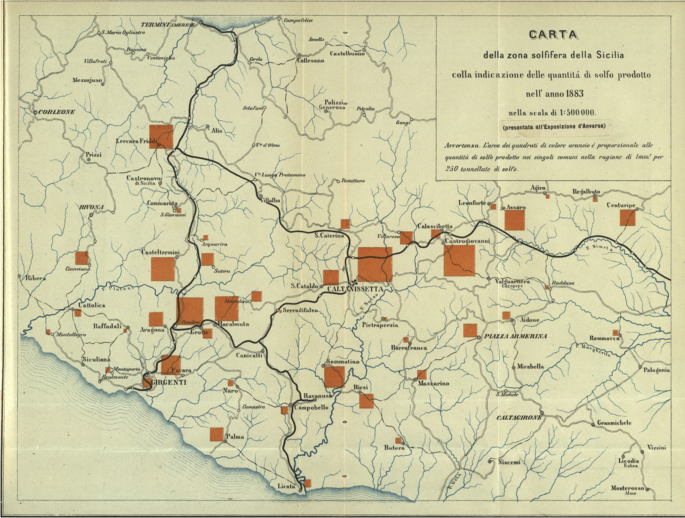Sicilian sulphur and mafia: resources, working conditions and the practice of violence
IF 0.7
1区 历史学
Q2 ECONOMICS
引用次数: 0
Abstract
Abstract This paper reconsiders the nexus between the abundance of resources and the origins of Sicilian mafia by exploiting a new set of historical data at the municipal level on the Sicilian sulphur industry in the late nineteenth century, obtained from official reports of the Royal Corps of Mining Engineers. Our evidence confirms that sulphur favoured the rise of organized crime, as emphasized in the previous studies. However, we show that the impact of local production on mafia was smaller in the areas richest in sulphur. Moreover, mechanization in the extraction process was associated with lower incidence of mafia. Taken together, our findings suggest that larger lodes encouraged better and more orderly working conditions for the miners, possibly reducing physical and psychic strain and, consequently, their inclination to violence. In other words, the quality of working conditions affected the supply of violent individuals.

西西里硫磺和黑手党:资源、工作条件和暴力行为
摘要:本文利用19世纪晚期西西里硫磺工业市政层面的一组新的历史数据,从皇家矿业工程兵团的官方报告中获得,重新考虑了资源丰富与西西里黑手党起源之间的关系。我们的证据证实,正如之前的研究所强调的那样,硫有利于有组织犯罪的增加。然而,我们表明,在硫最丰富的地区,当地生产对黑手党的影响较小。此外,采掘过程的机械化与黑手党的发生率较低有关。综上所述,我们的研究结果表明,较大的矿脉为矿工提供了更好、更有秩序的工作条件,可能减轻了他们的身心压力,从而减少了他们的暴力倾向。换句话说,工作条件的质量影响了暴力个体的供给。
本文章由计算机程序翻译,如有差异,请以英文原文为准。
求助全文
约1分钟内获得全文
求助全文
来源期刊

Cliometrica
Multiple-
CiteScore
2.70
自引率
18.80%
发文量
16
期刊介绍:
Cliometrica provides a leading forum for exchange of ideas and research in all facets, in all historical periods and in all geographical locations of historical economics. The journal encourages the methodological debate, the use of economic theory in general and model building in particular, the reliance upon quantification to buttress the models with historical data, the use of the more standard historical knowledge to broaden the understanding and suggesting new avenues of research, and the use of statistical theory and econometrics to combine models with data in a single consistent explanation. The highest standards of quality are promoted. All articles will be subject to Cliometrica''s peer review process. On occasion, specialised topics may be presented in a special issue.
Officially cited as: Cliometrica
 求助内容:
求助内容: 应助结果提醒方式:
应助结果提醒方式:


